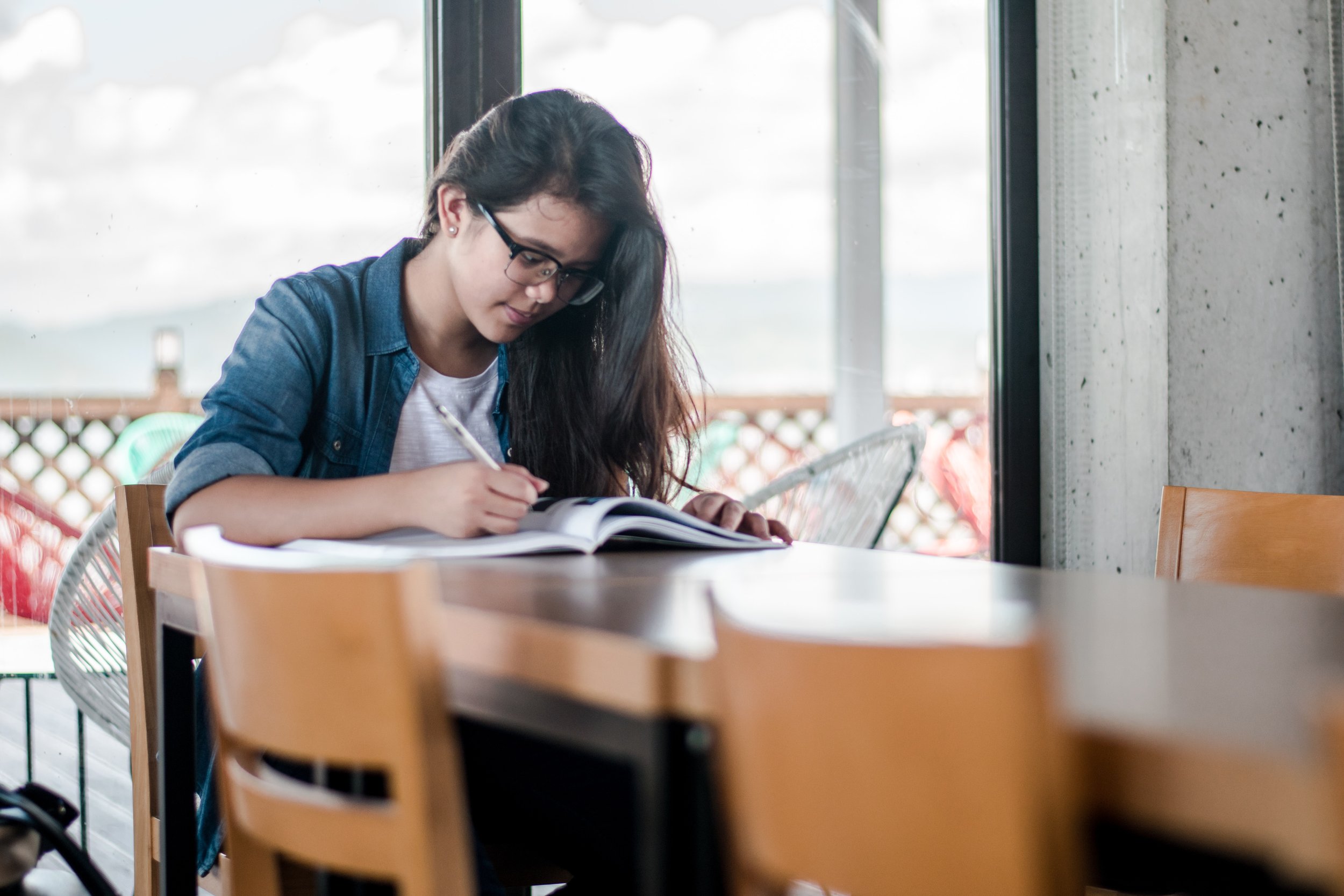The digital revolution has transformed nearly every aspect of modern life, including how we communicate, work, create, and remember. For scholars in the humanities, this shift presents both challenges and opportunities. How do we preserve cultural heritage in an age of rapid technological change? How do we interpret an overwhelming abundance of digital records? How can new tools help us ask fresh questions of old sources?
Unlocking Oral History Sources for Research
When we think of history, we often imagine official records, government documents, or published books. However, much of the human experience never makes it into formal archives. Memories, personal stories, and lived experiences are essential parts of history, but they often remain undocumented unless someone takes the time to record them. That is the role of oral history.
Developing Research through Visual Evidence
When we think of history, we often imagine books, letters, and official records. However, much of the past is captured not in words but in images. Photographs, paintings, drawings, films, and even today’s social media posts all serve as windows into moments that written records cannot fully convey. For researchers, these visual resources are both powerful and problematic; they reveal details that are otherwise invisible, but they also require careful interpretation.
Utilizing Archival Finding Aids for Research
Primary sources are the lifeblood of historical research. Letters, diaries, photographs, government records, organizational files, and countless other documents provide firsthand evidence of the past. However, anyone who has walked into an archives knows that primary sources are not arranged like books on a library shelf. Instead, they are preserved in their original context, often in boxes and folders, accompanied by tools that help researchers navigate them.
Discovering Primary Sources for Research
Archives are living repositories of memory, culture, and evidence, carefully preserved so that individuals and communities can understand the past and make sense of the present. For historians, genealogists, students, and the curious public alike, archives provide the raw research material. To use them effectively, it is helpful to understand what archives are, how they function, and why their principles are important.
Tools and Tactics for Historical Research
For historians, research is a way of engaging with the past: asking meaningful questions, developing strategies to answer them, and constructing narratives that help us understand where we have come from and where we are going. Thoughtful research strategies transform scattered data into insight, equipping us to navigate an overwhelming world of information with rigor and care.
Why Citations Matter in Research
Citations are the scaffolding of scholarship. They connect one piece of research to another, forming a chain of evidence that allows others to verify, question, or expand upon what has been written. For historians in particular, citations are more than technical formalities; they are acts of intellectual honesty, signposts for future researchers, and opportunities to amplify voices that might otherwise remain unheard.
Research Methods in a Digital Age
Research is at the core of historical inquiry and scholarship. It is the process that transforms curiosity into knowledge, fragments into narratives, and silence into stories. However, research is more than the simple accumulation of facts. It is a craft that requires asking thoughtful questions, identifying gaps in understanding, and engaging critically with sources.














